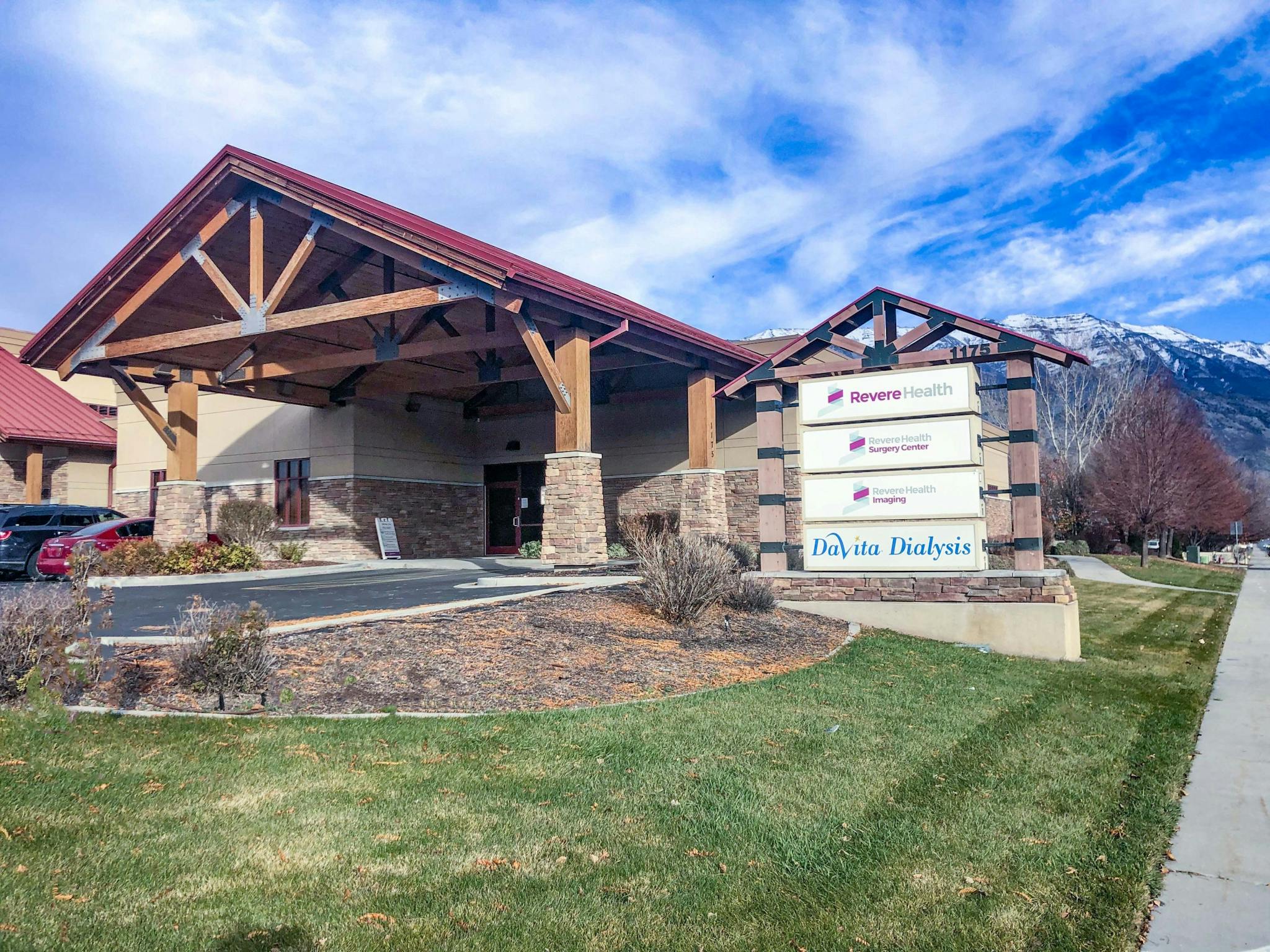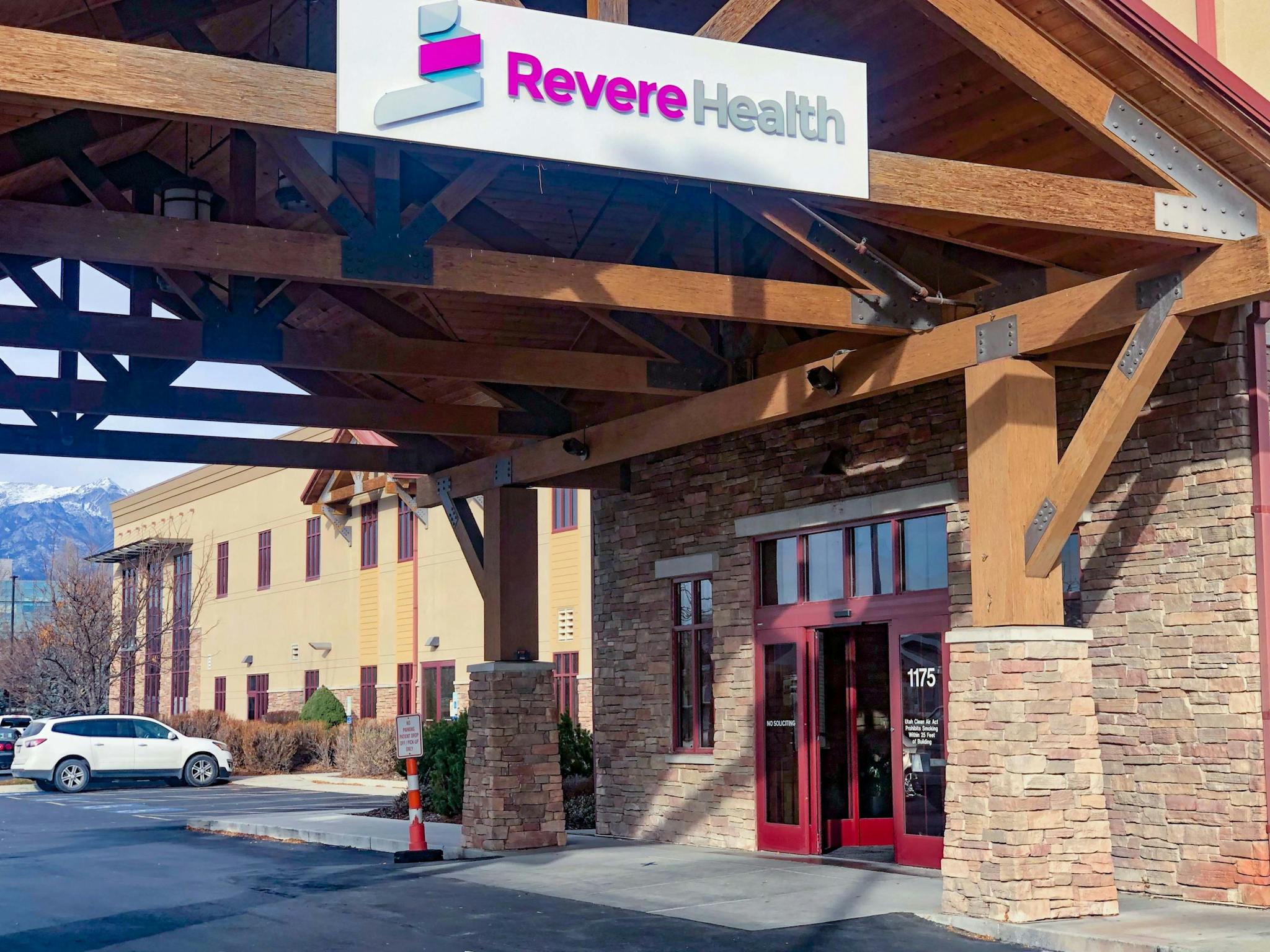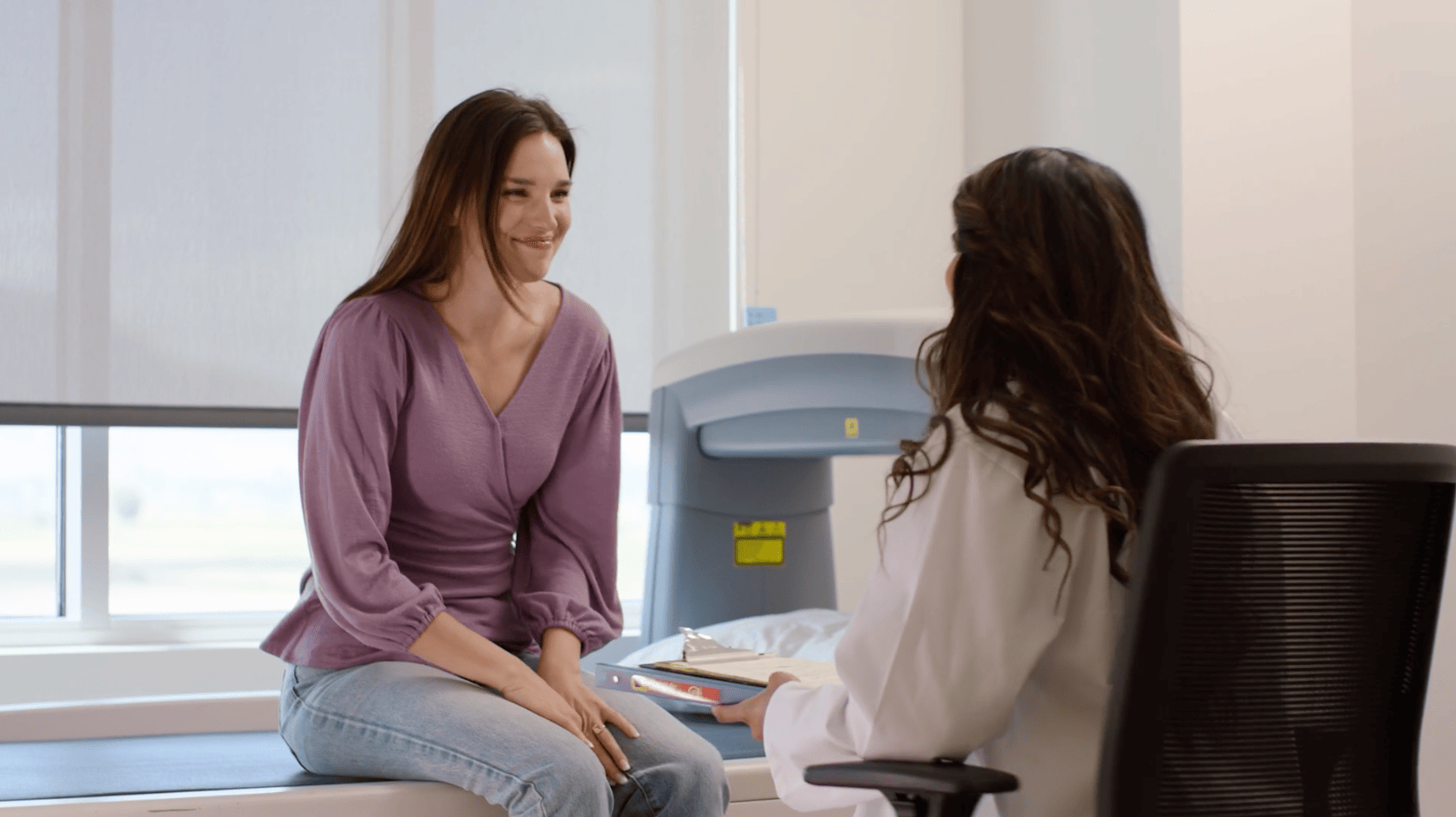Phone: (801) 492-5996
Fax: (801) 492-5993Monday - Friday:
7:00 a.m. to 5:00 p.m.See patient education
resources below ↓
Providers

Adam Green, MD
Physician

Benjamin Jacobs, MD
Physician

Christopher Reed, MD
Physician

Derek Bergeson, MD
Physician

Fred Dawson, MD
Physician

Gregory Smith, MD
Physician

Jason Eves, MD
Physician

Kent Gledhill, MD
Physician
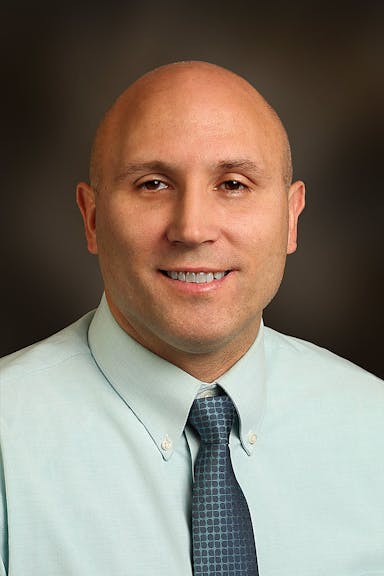
Kimball Christianson, MD
Physician

Lance Edmonds, MD
Physician

Michael Adam, MD
Physician

Rich Jackson II, MD
Physician

Scott Bingham, MD
Physician
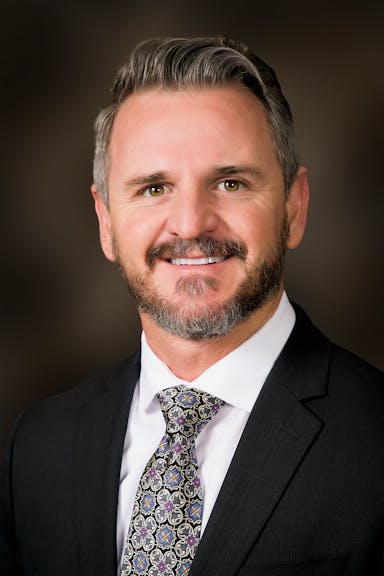
Scott Valadez, MD
Physician

Tanner Harmon, MD
Physician
Services

64-Slice CT Services
This scan uses X-rays to produce detailed images of the body, showing 64 anatomical slices, including tissue, bones, etc.

3T MRI
This generates a magnetic field 10 times the strength of open MRI scanners and two times the strength of a Tesla machine.

Open MRI
An open unit imaging machine made from a large ring. This prevents claustrophobia that often happens in closed MRI machines.

Cardiac MRI
A simple imaging procedure using radio waves and magnets to capture detailed pictures of the heart and blood vessels.

3D Mammography & Breast Interventions
This procedure uses X-ray imaging to gather tissue samples from a breast abnormality to detect breast cancer.

Fluoroscopy
Fluoroscopy including IVC filters, vertebroplasties, ports, PICCs and pain injections.

Retrievable IVC Filters
These are small, cage-like devices inserted into the inferior vena cava in order to capture blood clots.

Joint Injections & Aspirations
Joint aspirations take fluid from a swollen joint. Joint injection administer pain-relieving medications into the joint.

Nuclear Medicine (Bone Scans, Body Scans, Stress Test & HIDA)
Medical imaging using small amounts of radioactive material to diagnose or treat a variety of diseases.

Digital Radiology
A form of X-ray imaging where digital X-ray sensors are used instead of traditional photographic film.

X-ray
A quick, painless test that produces images of the structures inside your body, particularly your bones.

Osteoporosis
Fragile or brittle bones due to loss of tissue, generally resulting from calcium or vitamin-D deficiency, or hormonal change.

More about value-based care

Patient Education
- Videos
- Forms and Resources


